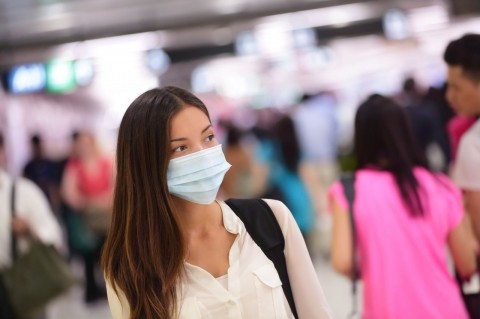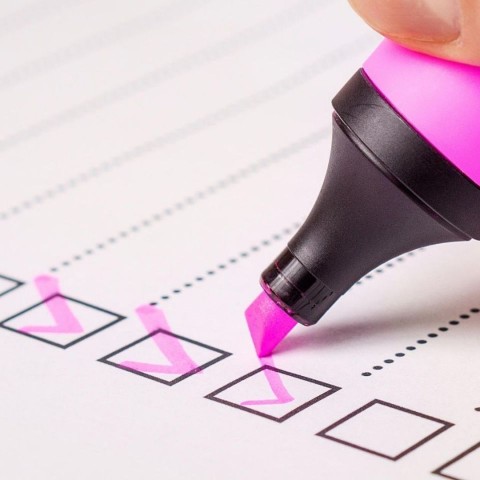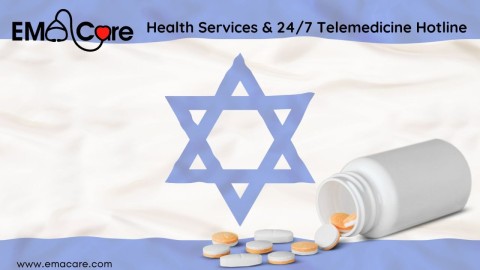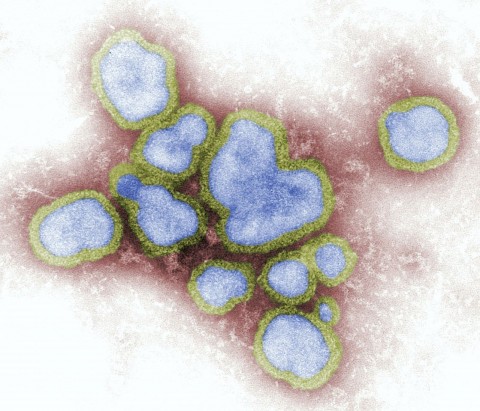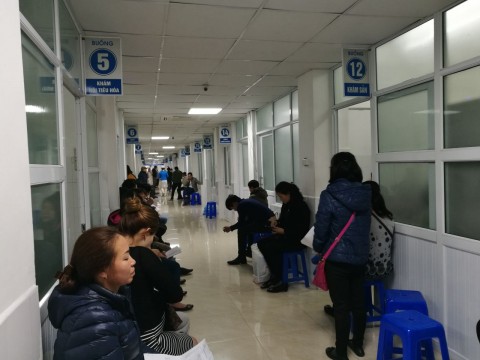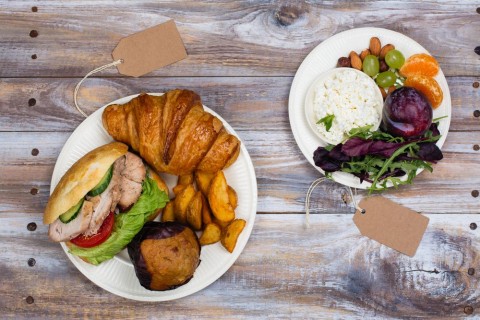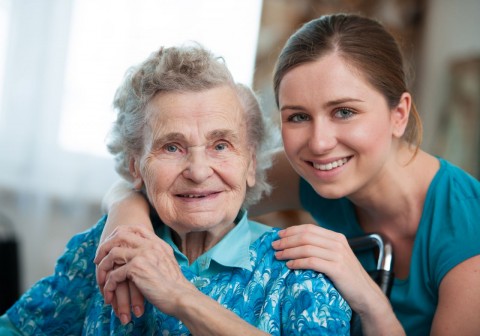Is wearing face masks effective against coronavirus?
As seen in many photos from China and Asia, many ordinary people have been wearing masks when outdoors to prevent catching the coronavirus. In the photo – some people are getting creative due to mask shortages in specific Asian countries. Is wearing face masks effective against coronavirus? Most people do not know when masks are effective, when they are a waste, and how to manage if you need a mask to prevent illness.
Basic rules of mask-wearing for Novel Coronavirus from the World Health Organization:
- People with suspected Novel Coronavirus should wear a medical-grade mask if possible and have as much fresh air as possible.
- Disposable masks – must only be worn once. Many people are re-wearing their masks to save money or because of shortages.
- Masks are not effective in open, public spaces. Illnesses traveling through the air are “diluted” by fresh air and open spaces, especially if maintaining the recommended distance from sick people (1 meter).
- The humidity of people breathing in masks can cause the fibers in the masks to break down, reducing the quality of the mask's effectiveness. Masks that are moist must be disposed of.
- While in use, do not touch the mask!
- Cloth masks are not recommended. Ever.
- Masks should seal well around the face, minimizing gaps to be effective.
- ALL masks must be removed by untying from the back. NEVER pull a mask off from the front. If you do by accident – sanitize your hands immediately.
- Dispose of single-use masks immediately after safely removing them!
- N-95 masks are medical-grade masks and are effective and highly recommended for health care providers (or primary caregivers for patients at home) treating potentially (or actually) ill patients. But there are some issues:
- They have to be fitted to the person.
- They are expensive
The World's Health Organization has suggested quarantining anyone who has been exposed to the virus to contain the virus and now allow it to spread to others. In early February, Japan quarantined a cruise ship carrying over 3,700 people after 10 infections were found. The ship will be in quarantine for at least 3 weeks.
The good news is that vaccines for Novel Coronavirus are already in development. As more research develops, EMA Care recommends the following guidelines while traveling:
- Cleanliness is key – it is important to wash your hand regularly, especially before eating and after sneezing or coughing. Washing your hands can prevent many diseases from spreading to you and others.
- Sanitizing with alcohol gel - is effective if your hands are not visibly soiled. We recommend 70% alcohol concentration gels.
- Hydrate – in general, is it always important to hydrate. But it is essential to hydrate if you are feeling under the weather or sick. Being dehydrated makes you more susceptible to getting sick.
- Masks – If traveling in public open spaces, masks are not needed, although it is culturally appropriate in some southeast Asian countries. Follow out mask guidelines to keep smart and keep safe. N95 masks should be worn to
- Use our app – OneTapCare app is available and uses telemedicine technology to help people access health care internationally and help get them the medical attention they need!
Here at EMA Care, we hope you feel more comfortable traveling to Israel, and we hope you have a healthy winter!!
When you subscribe to the blog, we will send you an e-mail when there are new updates on the site so you wouldn't miss them.

